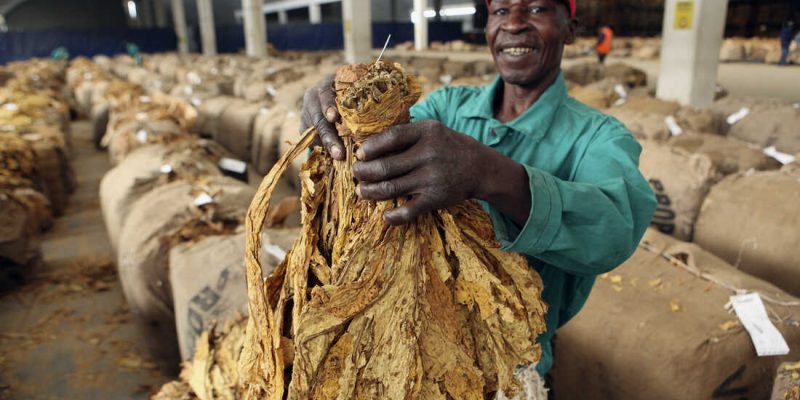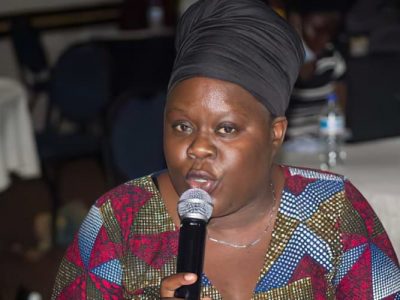The ceremony to mark the official opening of auction floors in Zimbabwe was held at the Tobacco Sales Floor in Harare on Wednesday, with prices ranging from US$1.60 to a high of US$4.65 per kilogram.
This is compared to $4.92 per kg at the start of the auction season last year, according to statistics released by the industry regulator, the Tobacco Industry and Marketing Board (TIMB). Contract sales, which handle 95 percent of the country’s crop, are expected to open on Thursday.
Speaking during the official opening, Lands, Agriculture, Fisheries, Water and Rural Development Minister Anxious Masuka said the agriculture sector is recovering from the worst drought in 40 years last year.
By Ropafadzo Mashawi
This season, farmers planted 125 000 hectares of tobacco, compared to 113 000 the prior year, while the number of registered growers went up from 115 000 to 128 000.
As a result, output is projected to rise from 230.9 million kg last season to 280 million kg this year.
“When agriculture suffers the whole economy suffers as we witnessed last season as we suffered the worst drought in 40 years. We are certainly headed for a bumper harvest if the rains continue for the next two weeks,” said Masuka.
TIMB board chair Patrick Devenish said only seven percent of locally grown tobacco is value-added. “We were down at about two or three percent, thanks to the introduction or the building of new cigarette factories, we are now at about seven percent and there are several new companies coming in, looking at nicotine extraction, vaping products and so on,” he said.
Tobacco growers are however disappointed that the Reserve Bank of Zimbabwe reduced the foreign currency retention threshold from 75 percent to 70 percent.
This means that when a tobacco farmer sells their crop, they are paid 70 percent in USD and 30 percent in the local currency, the Zimbabwe Gold (ZiG).
In an interview with New Ziana, the growers said they fear that they will not recover production costs and will not be able to go back to the fields next season. “We bought all farming inputs using USD only but now we will be getting only 70 percent in foreign currency,” said Barbra Muchenje, a farmer from Marondera. Tobacco remains Zimbabwe’s largest agricultural export, providing a significant source of foreign currency for the country.







Comments